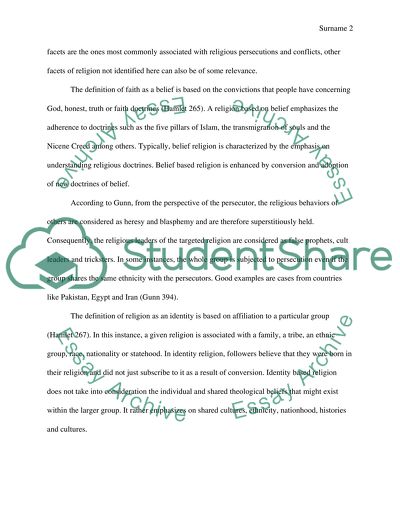Cite this document
(“Religious persecution Essay Example | Topics and Well Written Essays - 2250 words”, n.d.)
Retrieved from https://studentshare.org/miscellaneous/1586200-religious-persecution
Retrieved from https://studentshare.org/miscellaneous/1586200-religious-persecution
(Religious Persecution Essay Example | Topics and Well Written Essays - 2250 Words)
https://studentshare.org/miscellaneous/1586200-religious-persecution.
https://studentshare.org/miscellaneous/1586200-religious-persecution.
“Religious Persecution Essay Example | Topics and Well Written Essays - 2250 Words”, n.d. https://studentshare.org/miscellaneous/1586200-religious-persecution.


